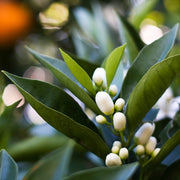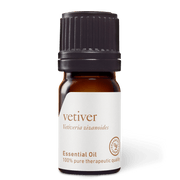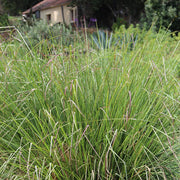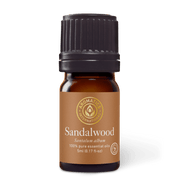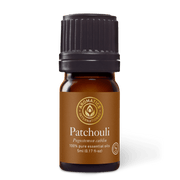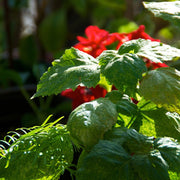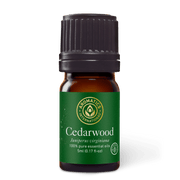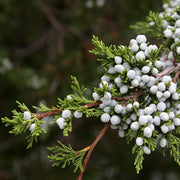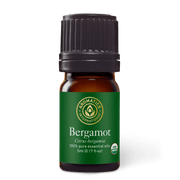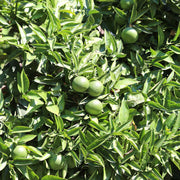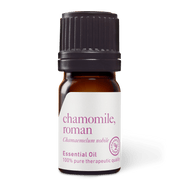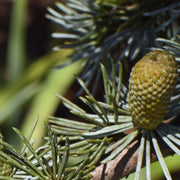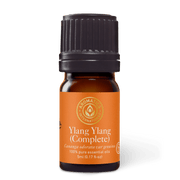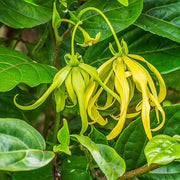Relaxing essential oils & recipes for stress relief
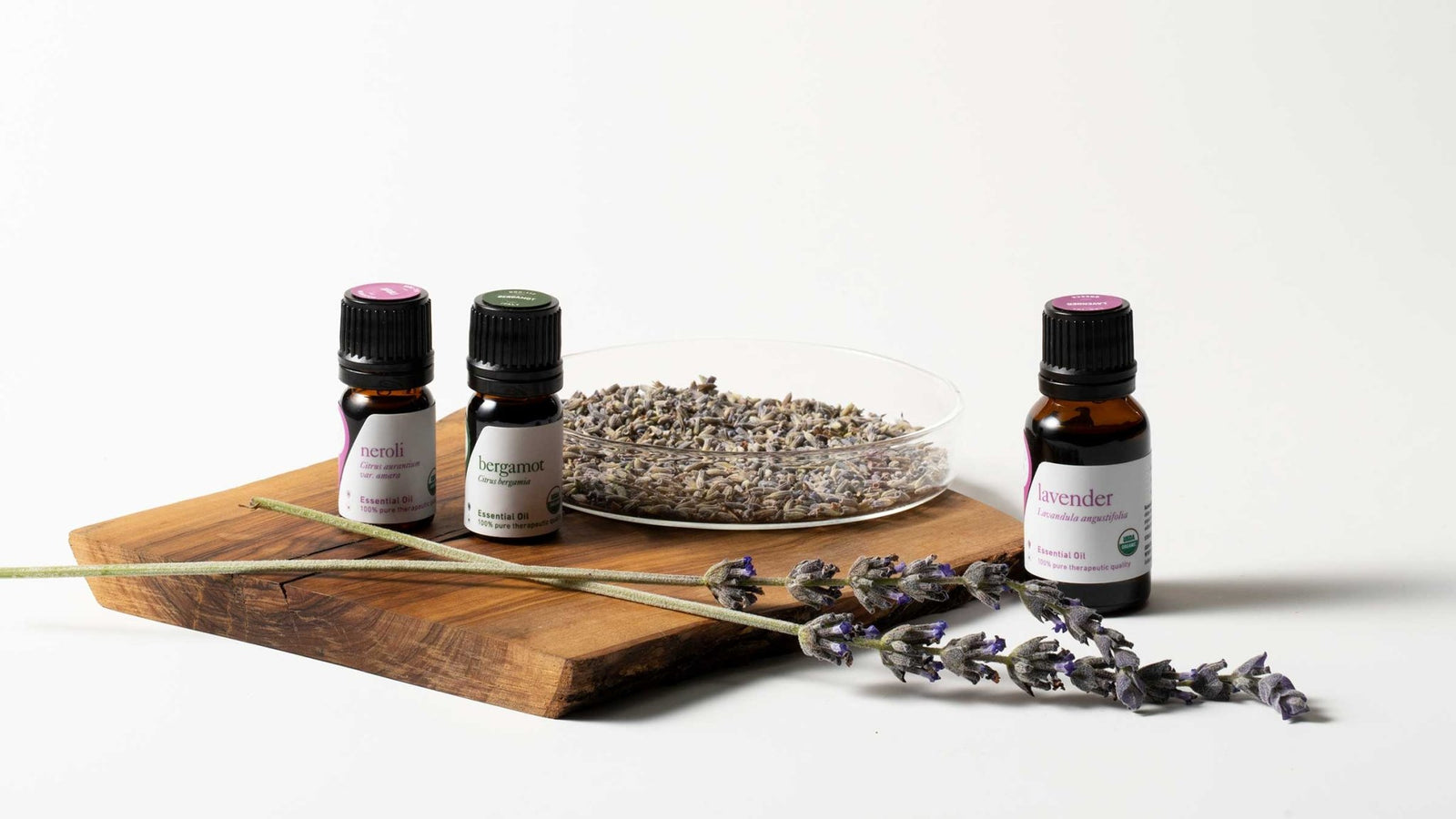
Relaxing essential oils & recipes for stress relief
These are 10 of our favorite stress relief oils for evening bath salts, lotions, body butters, diffuser blends, inhalers, linen sprays, and other ultra-relaxing recipes!
While any of these oils would be at home in a blend for relaxation, that doesn’t mean they’ll put you to sleep if you use them in the middle of the day. In many cases, an oil’s effect depends on what you blend with it.
Lavender, for example, is one of the most famous essential oils for sleep. However, it’s also an important oil in blends that help ease anxiety throughout the day, such as inhalers and roll-ons.
Take this list as your inspiration, and then let your imagination build on it!
Top 10 essential oils for rest & relaxation
1. Lavender Oil
Latin name: (Lavandula angustifolia)
If you’re not sure which essential oil to use for stress, reach for lavender. It’s a reliable soother! Lavender is probably the most widely studied essential oil in the world. Its two main components are linalool and linalyl acetate. These components have been studied individually, so we know they’re both powerfully effective for relaxing muscles, easing anxiety, and supporting sleep (1) (2). Thanks to linalool and linalyl acetate, lavender’s soothing influence also comforts issues like irritated, damaged skin (3). (This isn’t the last time you’ll see linalool and linalyl acetate mentioned in this guide!)
Did you know? There are over 45 species of lavender? The one we love for stress relief is Lavandula angustifolia. Another popular species is spike lavender, Lavandula latifolia. It’s very different from “true” lavender! Learn the variations between these two lavenders and when to use each one.
2. Neroli Oil
Latin name: (Citrus aurantium var amara)
Neroli is especially helpful when you’re facing overwhelming emotional distress, such as after a deep loss. Neroli essential oil comes from the blossoms of the bitter orange tree. Like lavender, it’s rich in linalool—that’s your first hint that this oil can calm stress! (4) Another hint is its d-limonene content. d-Limonene has been shown to ease chronic feelings of sadness, getting more “feel good” emotions flowing through the body (5). It can also ease tight muscles. A massage with neroli can help release years of pent-up negative emotions stored in your body.
3. Vetiver Oil
Latin name: (Vetiveria zizanioides)
Dubbed the “Oil of Tranquility,” vetiver is a must-have when a good night’s rest feels out of reach! Vetiver oil is distilled from the roots of grassy plants in the rainforests of India. The roots and rootlets help hold the soil together, creating stability and preventing too much erosion. Rich in sesquiterpenols, vetiver oil offers the same stabilizing effect for an unsettled mind. It brings your energy down, allowing you to settle into the moment and truly rest (10).
4. Sandalwood Oil
Latin name: (Santalum album)
Sandalwood has long been used for meditation, and can help clear and calm your mind. Distilled from the wood of the sandalwood tree, this oil’s soft, sweet, woody aroma is sensual and soothing. It’s full of santalols, rare components that have been researched for their abilities to calm sore, tender issues (6). Santalols are likely behind sandalwood oil’s ability to connect us with an unshakeable core of inner peace.
5. Patchouli Oil
Latin name: (Pogostemon cablin)
Patchouli oil may help you get to sleep when your head is aching (7) (8). Patchouli plants produce lush green leaves that, when distilled, give us a gorgeous, sweet, earthy essential oil. It’s rich in patchoulol, a unique component that plays a role in calming the sympathetic nerve response and easing tight muscles, allowing for profound rest in both body and mind. Patchouli oil has a traditional association with peace that’s well earned!
6. Cedarwood Oil
Latin name: (Juniperus virginiana)
Use cedarwood oil to restore a sense of security and trust in your heart. Cedarwood oil has a soft, sweet, woodsy scent that can give you the sense of being sheltered and protected. It’s familiar and reassuring. The oil contains cedrol, which contributes to its profoundly soothing effects on the body. One study showed that even simply applying a cedarwood blend to your skin (without inhaling it) can lull your body into relaxation (9).
7. Bergamot Oil
Latin name: (Citrus bergamia)
Use bergamot oil after a stressful day to calm an overactive, worried mind. Bergamot contains three of the most impressive stress-calming components: linalool, linalyl acetate, and d-limonene. All citrus oils can help reduce stress (since they’re all rich in d-limonene), but bergamot contains the perfect natural cocktail to ease an anxious mind, comfort the heart, and release tension on a physical level (2) (4) (5).
Be safe! Bergamot oil is phototoxic. If you apply it to your skin and then expose that skin to sunlight (or a UV tanning bed), burning, blistering, and discoloration can result. Stick with 2 drops or less of bergamot oil per 1 oz (30 ml) of carrier to be safe. Learn more about avoiding negative reactions with essential oils in the sun.
8. Roman Chamomile Oil
Latin name: (Chamaemelum nobile)
If stress affects your digestion, Roman chamomile oil can help! This oil’s high ester content makes it a powerhouse when it comes to supporting the belly. Roman chamomile’s esters can ease spasms, letting your muscles relax, while its warm, floral, apple-like scent soothes your nerves (11) (12).
9. Black Spruce Oil
Latin name: (Picea mariana)
Do you spend a lot of time at a computer? Black spruce can help you transition back to “real life.” Studies on bornyl acetate, one of the main components in black spruce, show that it may help people relax after spending long hours in front of a screen (13). This is important for reducing work-related stress and keeping your sleep cycle healthy.
10. Ylang Ylang (Complete) Oil
Latin name: (Cananga odorata)
Ylang ylang is known as a general nerve “tonic” that brings peace over time. Keep this oil close if you feel “high strung” and nervous. Full of soothing sesquiterpenes, ylang ylang (complete) has a full-bodied, heavy floral aroma. It’s been shown to relax aspects of the sympathetic nerve response (14). Use ylang ylang (complete) daily to ease anxious feelings, or at night to encourage your entire system to feel safe, serene, and sleepy (15).
Recipes for rest & relaxation
- Evening Bath Salt
- Calming & Rest Oil
- Cozy Cedar Linen Spray for Kids
- Calm the Nerves Lotion
- I Feel Calm Now Bath Salt
- Mind Ease Inhaler
REFERENCES
1. Woelk, H. and Schläfke, S. (2010) A multi-center, double-blind, randomised study of the Lavender oil preparation Silexan in comparison to Lorazepam for generalized anxiety disorder. Phytomedicine 17, 2, 94-99
2. Buchbauer, G., Jirovetz, L., Jager, W., Plank, C. and Dietrich, H. (1993) Fragrance compounds and essential oils with sedative effects upon inhalation. Journal of Pharmaceutical Sciences 82, 6, 660-664
3. Altaei, D.T. (2012) Topical lavender oil for the treatment of recurrent apthous ulceration. American Journal of Dentistry 25, 1, 39-43.
4. Linck, V.M., da Silva, A.L., Figueiró, M., Caramão, E.B., Moreno, P.R.H. and Elisabetsky, E. (2010) Effects of inhaled linalool in anxiety, social interaction and aggressive behaviour in mice. Phytomedicine 17, 679-683
5. Lima, N.G., de Souza, D.P., Pimenta, F.C., Alves, M.F., de Souza, F.S., (2012a) Anxiolytic-like activity and GC-MS analysis of (R)-(+)-limonene fragrance, a natural compound found in foods and plants. Pharmacology, Biochemistry and Behavior 103, 450-454
6. Baylac, S. and Racine, P. (2003) Inhibition of 5-lipoxygenase by essential oils and other natural fragrant extracts. International Journal of Aromatherapy 13, 2/3, 138-142
7. Haze, S., Sakai, K. and Gozu, Y. (2002) Effects of fragrance inhalation on sympathetic activity in normal adults. Japanese Journal of Pharmacology 90, 247-253
8. Li Y-C, Xian Y-F, Ip S-O et al. (2011) Anti-inflammatory activity of patchouli alcohol isolated from Pogostemonis Herba in animal models. Fitoterapia 82, 8, 1295–1301
9. Kagawa D, Jokura H, Ochiai R, Tokimitsu I, Tsubone H (2003) The sedative effects and mechanism of action of cedrol inhalation with behavioural pharmacological evaluation. Planta Medica 69: 637-641
10. Svoboda, R. E. (2004) Ayurveda: Life, Health and Longevity. Albuquerque: The Ayurvedic Press
11. Franchomme, P. and Pénoël, D. (1990) L’aromathérapie Exactement. Limoges: Jallois
12. Moss, M., Howarth, R., Wilkinson, L. and Wesnes, K. (2006) Expectancy and the aroma of Roman chamomile influence mood and cognition in healthy volunteers. International Journal of Aromatherapy 16, 2, 63-73
13. Matsubara E, Fukagawa M, Okamoto T, Ohnuki K, Shimizu K, Kondo R. (2011) (-)-Bornyl acetate induces autonomic relaxation and reduces arousal level after visual display terminal work without any influences of task performance in low-dose condition. Biomedical Research 32, 151-157
14. Hwang, J.H. (2006) The effects of the inhalation method using essential oils on blood pressure and stress responses of clients with essential hypertension. Taehan Kanhoe Hakhoe Chi 36, 7, 1123-1134. Article in Korean.
15. Hongratanaworakit, T. and Buchbauer, G. (2004) Evaluation of the harmonizing effect of ylang ylang on humans after inhalation. Planta Medica 70, 7, 632-636
Relaxing essential oils & recipes for stress relief

Aromahead Institute is the world's leading online aromatherapy school. Our comprehensive courses offer a wealth of knowledge and are designed for every level from those new to the world of aromatherapy to seasoned professionals.
Aromatics was founded to live up to Aromahead Institute’s purity and quality standards to support their education platform
Join Our Newsletter
Save 15% on your first order
Aromatherapy sent directly to your inbox. Receive tips, essential oil recipes, promotion alerts, live events and more. We look forward to connecting with you! *Exclusions apply.


